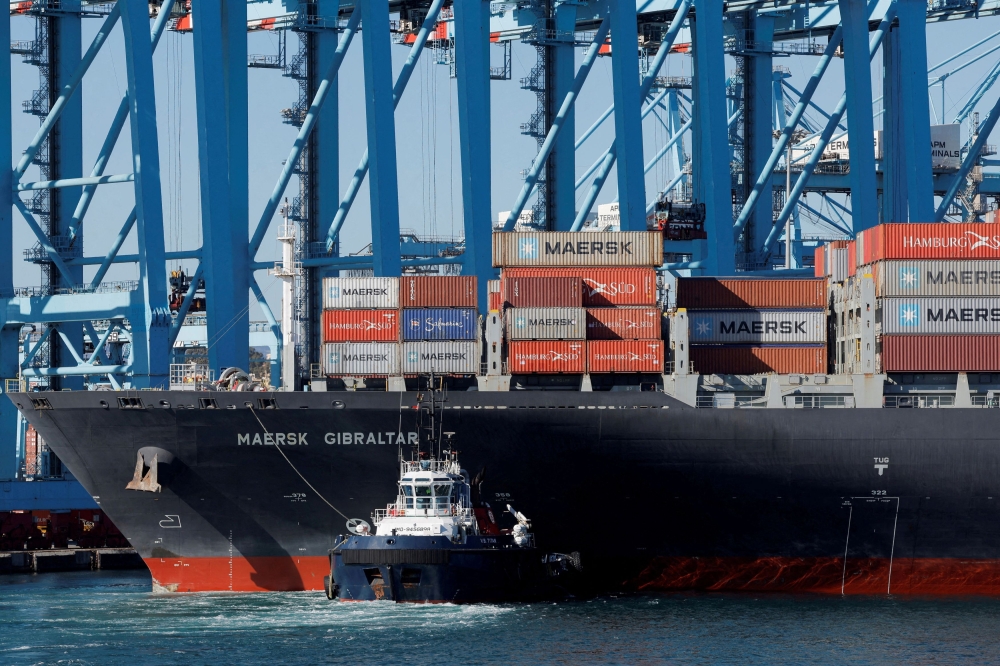KUALA LUMPUR, Jan 15 — Shipping disruptions at the Red Sea related to the Israel-Hamas war should not disrupt the Malaysian economy significantly, according to the HSBC Group in its latest Asian forecast.
HSBC Group’s chief Asia economist and co-head of Global Research Asia Frederic Neumann qualified this, however, by saying this could change if the so-called Red Sea crisis were to escalate or become prolonged.
“But I don’t think it’s going to be material enough for a large shift in our growth forecast, in part because shipping can be redirected around Africa,” he said in a media briefing today.
Although the diversion would mean increased shipping costs for European importers, he said it would not be sufficient to deter orders for Malaysian manufacturers.
The Red Sea crisis erupted after Houthi militants in Yemen began targeting vessels in retaliation to Israel’s war against Hamas in Gaza, which resulted in access disruption at the Suez Canal, the shortest shipping route connecting Asia and Europe.
At the same briefing, HSBC Asia FX research head Joey Chew also said the outlook for the Malaysian ringgit would remain muted this year.
She said the recovery of the Malaysian currency, which fell sharply against the US dollar last year, would be slow because the local economy was dependent on China that was performing sluggishly on the global market.
“The second (reason) is that the dollar is remaining quite resilient. And so basically, we have bouts of risk aversion and so bouts of dollar strengthening,” she said.
Malaysia’s current interest rate of three per cent, although not low from a historical standpoint, was still significantly lower than in the US, which made the greenback more attractive on the foreign exchange market, she said.



















